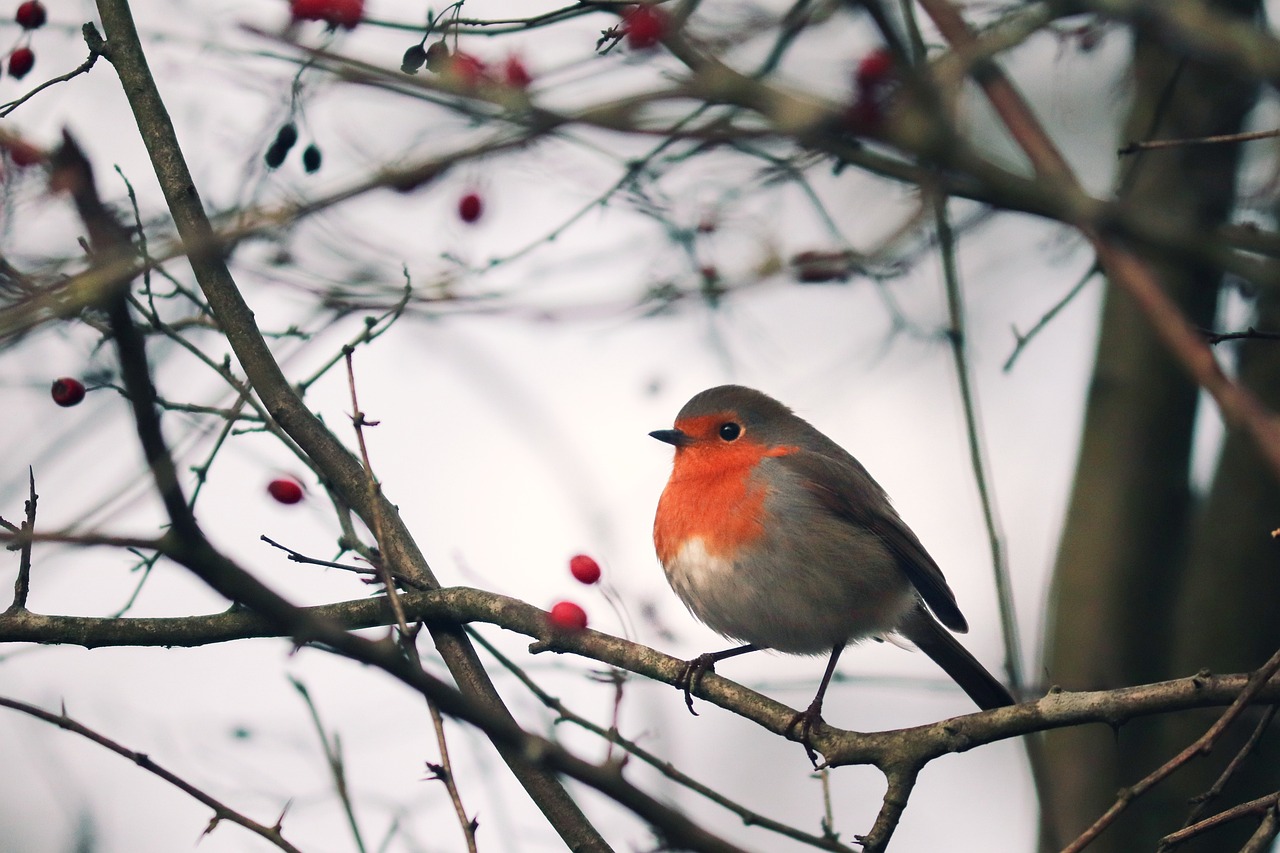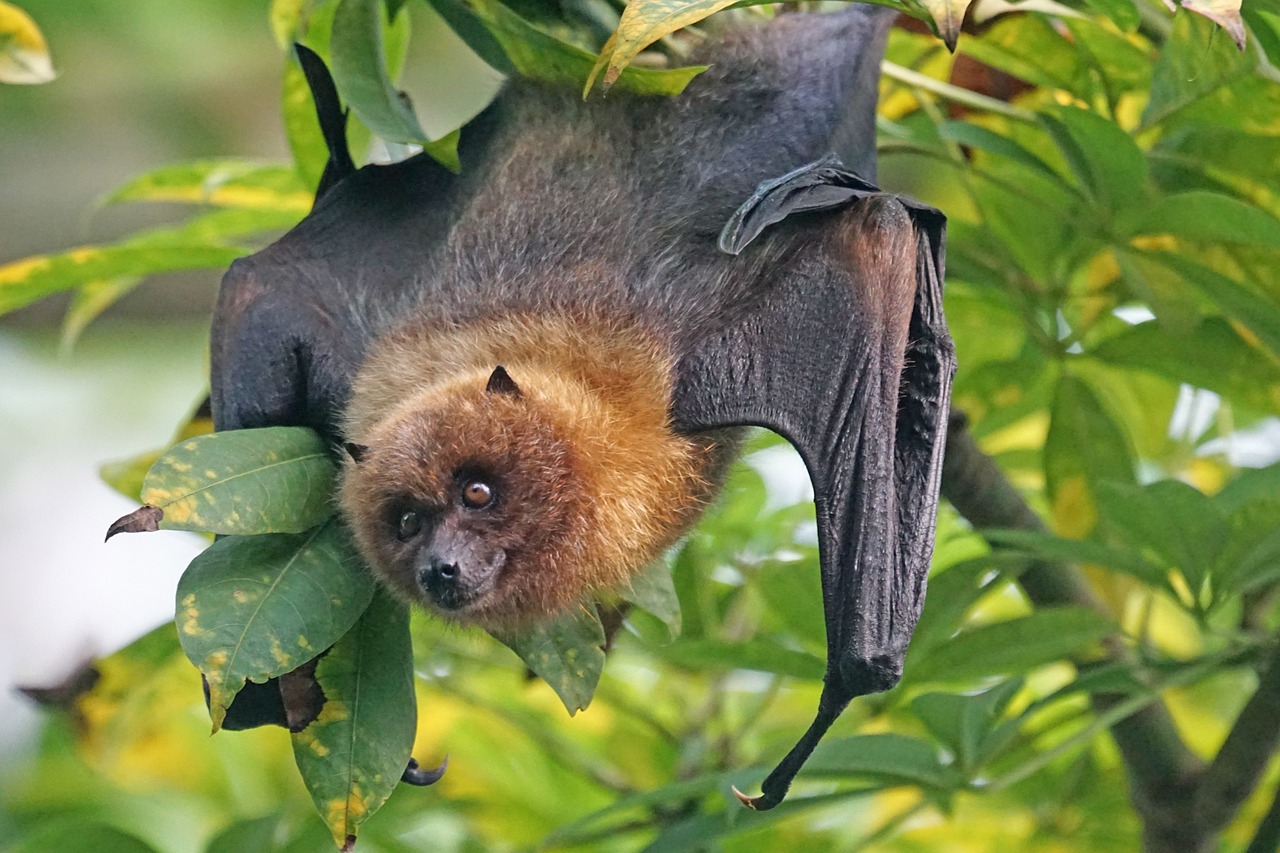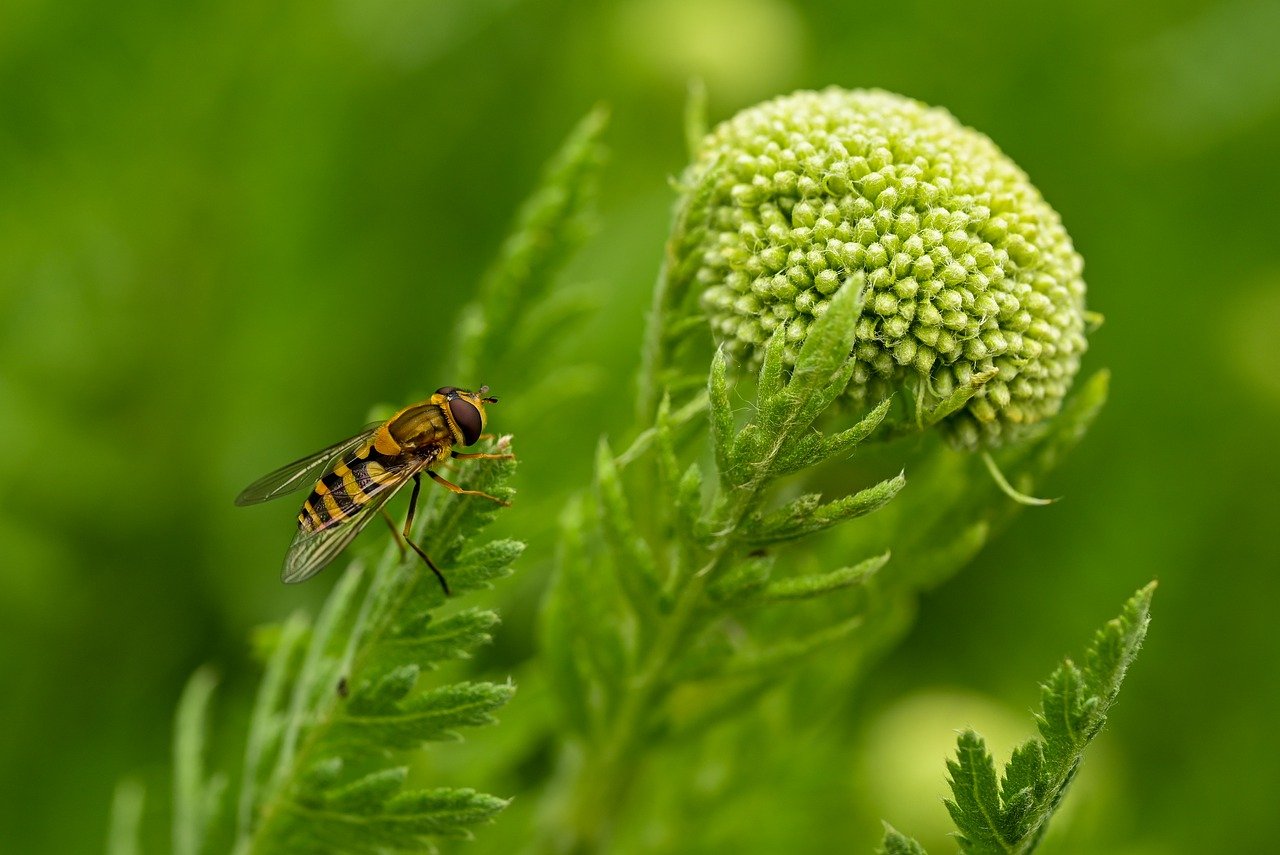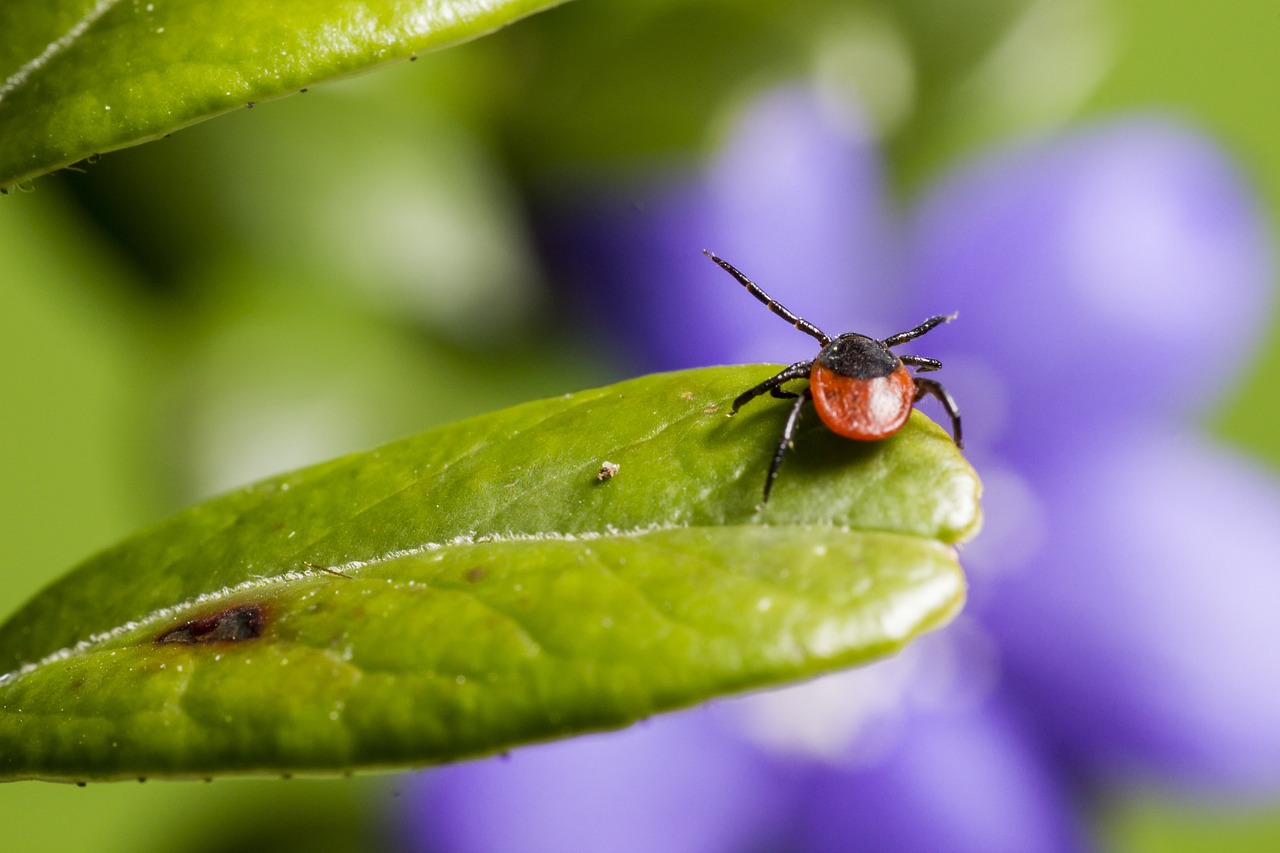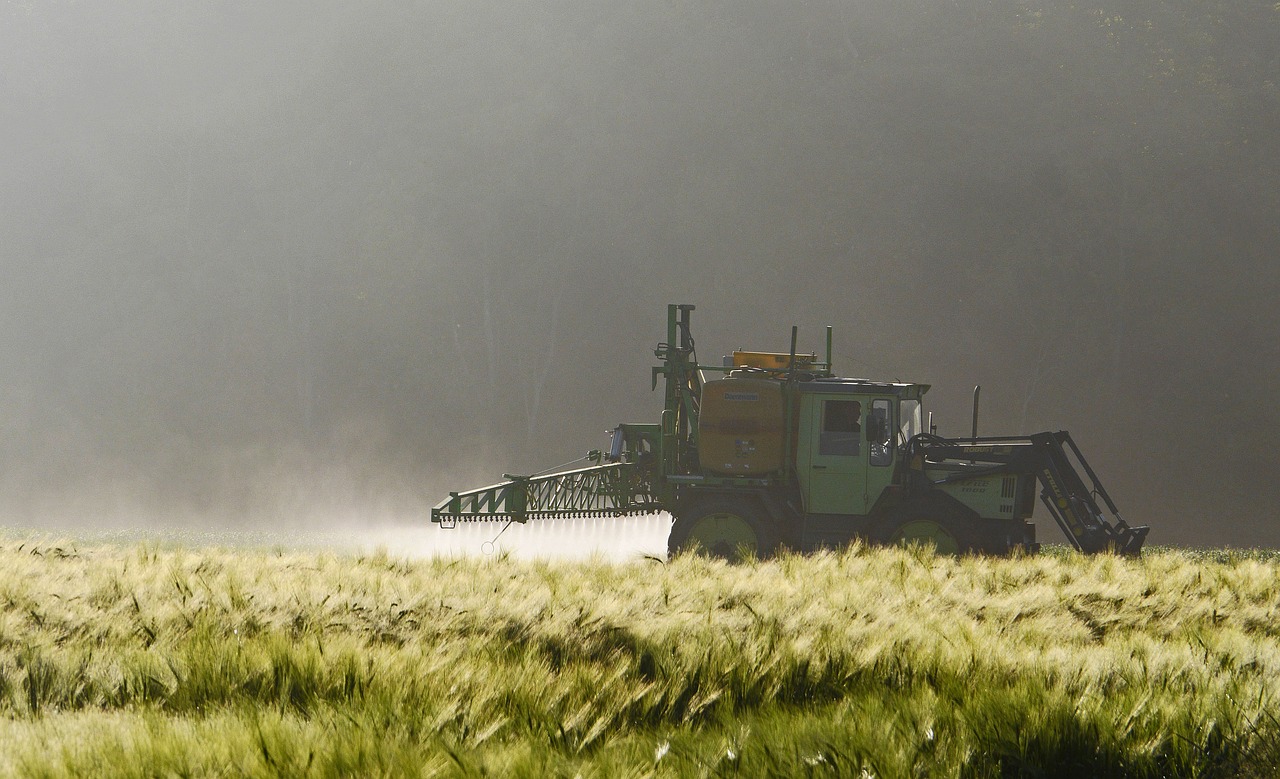Are you tired of constantly battling garden pests? Do you feel like you’ve tried every pesticide and trap on the market, only to have the pests return again and again? Maybe it’s time to enlist the help of some feathered friends. That’s right, birds can be an effective and natural form of pest control in your garden.
In this article, we’ll explore the role of beneficial birds in garden pest control. You’ll learn how to identify common garden pests and understand the impact they can have on your plants.
We’ll also discuss the benefits of attracting pest-eating birds to your garden and provide tips for creating a bird-friendly environment. With a little bit of knowledge and effort, you can encourage these helpful creatures to take up residence in your garden and keep those pesky pests at bay.
Identifying Garden Pests and Their Impact
You’re probably aware of some common garden pests, but did you know that identifying them and understanding their impact is crucial for effective pest control with the help of beneficial birds?
Natural pest control is a method that relies on the use of natural predators to manage pest populations. Integrated pest management (IPM) takes a more holistic approach, combining natural pest control with other strategies such as cultural and chemical control.
Knowing what pests are present in your garden and their impact on your plants is the first step in implementing effective pest control with the help of beneficial birds. Some pests, such as aphids and spider mites, can cause significant damage to your plants by sucking sap and spreading diseases. Others, such as caterpillars and slugs, can eat away at the leaves and fruits of your plants.
By identifying the pests and their impact, you can determine the best course of action, including attracting beneficial birds that can help control pest populations.
Understanding the Benefits of Beneficial Birds
Understanding the benefits of having friendly birds around is essential for any gardener looking to maintain a healthy and thriving ecosystem.
One of the advantages of attracting beneficial birds to your garden is their ability to control pests. These birds will feed on a variety of insects that can damage your plants such as aphids, caterpillars, and grasshoppers. By doing so, they help to keep the pest population under control, reducing the need for harmful pesticides and herbicides that can harm the environment.
In addition to pest control, the activity of birds in your garden can have other positive effects. Their presence can help to create a more diverse and balanced ecosystem, which can lead to increased plant growth and overall health.
Birds also play a crucial role in pollination, which is essential for the reproduction of many plant species. By attracting beneficial birds to your garden, you can help to create a more sustainable and natural environment that benefits both your plants and the wildlife that inhabits it.
Common Types of Pest-Eating Birds
Did you know that attracting certain types of birds, like chickadees and nuthatches, can help keep harmful insects at bay in your garden? These birds are known as pest-eating birds and they play a crucial role in garden pest control.
Chickadees, for example, feed on caterpillars, beetles, and other insects, while nuthatches are known to eat scale insects, which can cause serious damage to trees and shrubs.
One interesting thing to note about these beneficial birds is their migration patterns. Some birds, like chickadees, are year-round residents in certain areas, while others, like nuthatches, are only present during certain seasons.
Understanding the migration patterns of these birds can help you know when to expect their presence in your garden and when to take measures to attract them. Additionally, knowing their nesting habits can help you provide suitable nesting sites for them, which can further encourage their presence in your garden.
Creating a Bird-Friendly Environment in Your Garden
To make your garden more appealing to birds, it’s important to create a welcoming environment with suitable nesting sites, plenty of vegetation, and a reliable source of water.
First, consider adding bird feeders filled with seeds, fruits, and nuts. Place them in a visible location and keep them clean to prevent the spread of diseases. You can also add nesting boxes, which provide safe and secure places for birds to raise their young. Choose the right type of box for the species you want to attract and install them at the right height and orientation.
In addition to bird feeders and nesting boxes, you can also create a bird-friendly environment by planting a variety of plants that produce seeds, fruits, and nectar. This will attract a diverse range of bird species, each with their own unique pest control benefits. Make sure to choose plants that are native to your area and provide different types of food throughout the year.
Finally, don’t forget about water. Birds need a reliable source of clean water for drinking and bathing, so consider installing a birdbath or a small fountain in your garden.
With a little effort, you can create an ideal habitat for beneficial birds that will help control pests and add beauty and excitement to your outdoor space.
Best Practices for Encouraging Beneficial Birds in Your Garden
Encouraging a diverse range of feathered friends in your outdoor space can enhance the beauty and natural balance of your garden.
There are some simple steps you can take to attract beneficial birds to your garden. One of the most effective ways is to provide bird feeders. Make sure to place them in areas that are easily accessible to birds and away from potential predators such as cats.
Another way to encourage beneficial birds is to create a bird-friendly environment. This can be achieved by planting native plants and flowers that provide food and shelter for birds. Also, provide a source of water such as a bird bath or fountain to attract birds looking for a drink or a quick dip.
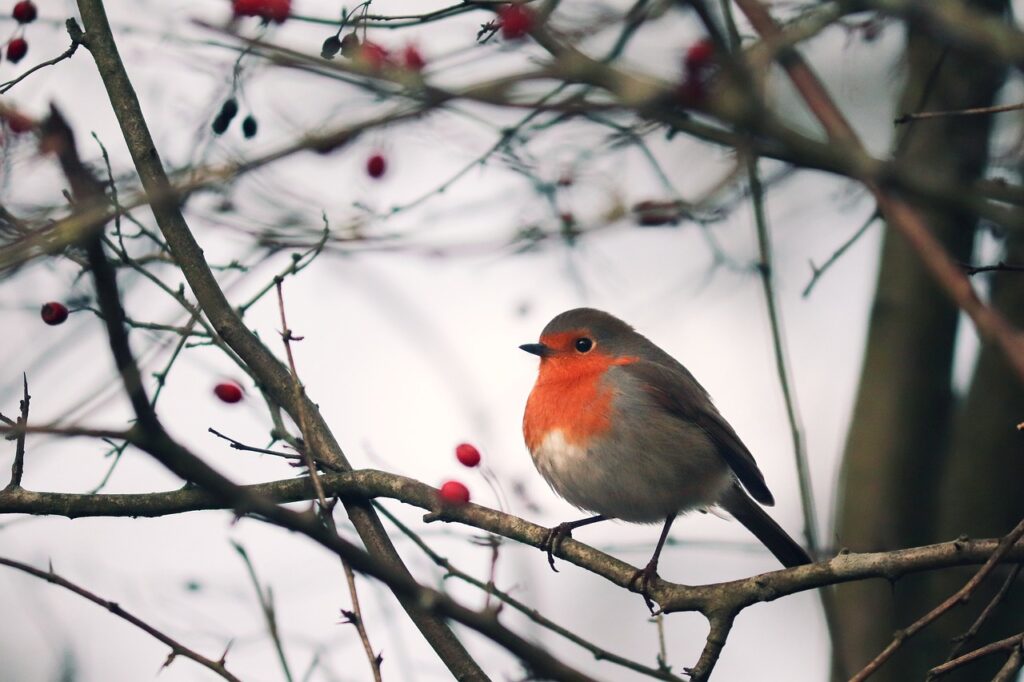
Remember, the more diverse the environment, the more likely it is that you’ll attract a variety of birds that will help control pests in your garden.
Frequently Asked Questions
What are some common bird species that can be harmful to gardens?
You may want to beware of bird species harmful to gardens, such as pigeons, sparrows, and starlings. To deter them, you can use visual or audio repellents, netting, or spikes on surfaces they perch on.
How do I attract beneficial birds to my garden if I live in an urban area?
To attract beneficial birds to your urban garden, try container gardening with plants that produce seeds or berries. Place bird feeders filled with seeds and suet in a protected area, and provide a source of water.
Can beneficial birds also help control indoor pests?
Yes, beneficial birds can help with indoor pest control. Place bird feeders near windows to attract them, and they’ll eat insects like flies, moths, and spiders. It’s an eco-friendly and effective way to manage indoor pests.
Are there any potential drawbacks to encouraging beneficial birds in my garden?
Encouraging beneficial birds in your garden can lead to an imbalance in bird populations, potentially causing damage to crops and other plants. Additionally, some birds may become a nuisance, causing noise and mess.
How can I tell if the birds in my garden are actually eating pests or just feeding on other things?
To identify pest-eating birds, look for species like chickadees, nuthatches, and bluebirds that eat insects. False bird pest control myths include believing all birds eat pests or that certain birds only eat pests.
Conclusion
So there you have it, now you know the importance of beneficial birds in garden pest control. By identifying garden pests and the damage they can do, you can better understand the benefits of having pest-eating birds in your garden.
Creating a bird-friendly environment can help attract these birds, and implementing best practices can ensure they stick around. Remember, having a diverse ecosystem with a variety of birds can not only enhance your gardening experience, but also help maintain balance and harmony in your outdoor space.
So next time you see a bird perched in your garden, take a moment to appreciate the role it plays in keeping your plants healthy and pest-free.






